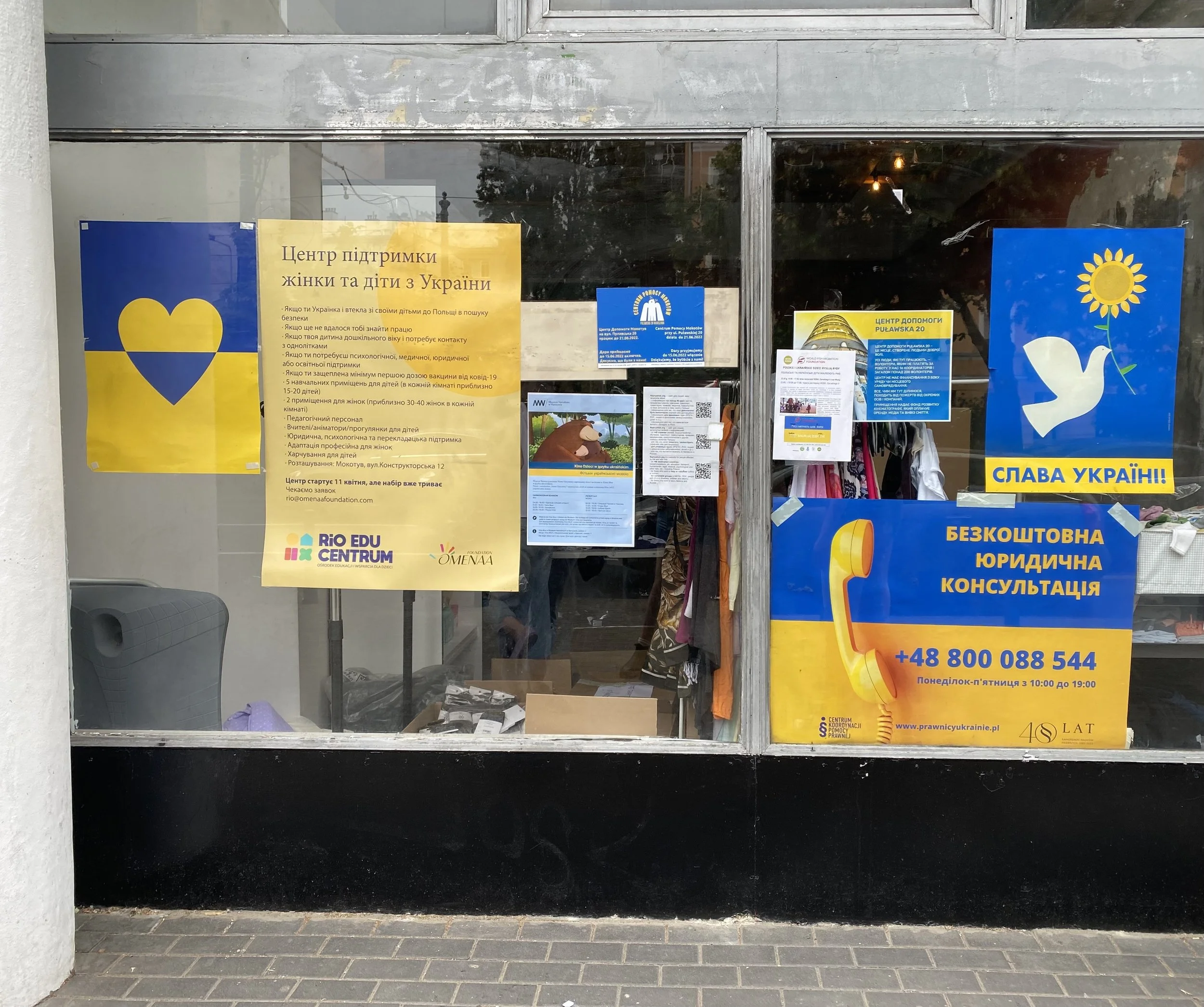Dissertation Book Project: Civic Pluralism and Democratic Resilience
How does participation in civil society—both formal organizations and informal social groups—shape democratic preferences, polarization, and political engagement?
The literature on civil society and backsliding largely focuses on groups that either mobilize in support of, or in opposition to, backsliding incumbents. I take a more nuanced approach, considering the range of relationships that civil society may have with these governments. By disaggregating civil society from the binary of “opposition” and “supporters” to consider the variety of civic life across different levels of formalization, size, and funding, my dissertation book project unpacks the conditionality of civil society’s support for backsliding incumbents and points to when this support may falter. I examine how individual-level attitudes and behaviors are socialized by civic engagement, and how this shapes both individual- and group-level political decisions, including on important political behaviors like vote choice, voluntarism, and political endorsements.
To do so, I leverage variation in the success of backsliding incumbents, and their ties with civil society, across multiple post-communist democracies in Eastern Europe. I triangulate across organizational- and individual- level survey experiments, five original datasets comprising the universe of civic organizations in Poland and Hungary, and a mixture of interviews and focus groups collected over a cumulative 1.5 years of fieldwork.
My dissertation was awarded the 2025 Kahin Prize in International Relations by the Cornell Department of Government, for the “most promising dissertation on foreign politics.'' It has also been generously supported by the Title VIII Research Fellowship, Hoover Institution and, at Cornell, the Center on Global Democracy, Institute for European Studies, Center for Social Sciences, and Roper Center for Public Opinion Research.
I include a working chapter here, which is the fourth empirical chapter of the dissertation. I am happy to share others upon request.
Photos taken by author at assorted civic events. From top to bottom; Three Kings Day March (Warsaw, 2025); Mokotów “Free Shop” for Ukrainian refugees (2022); knitting projects at community organization in Gdańsk (2025).


